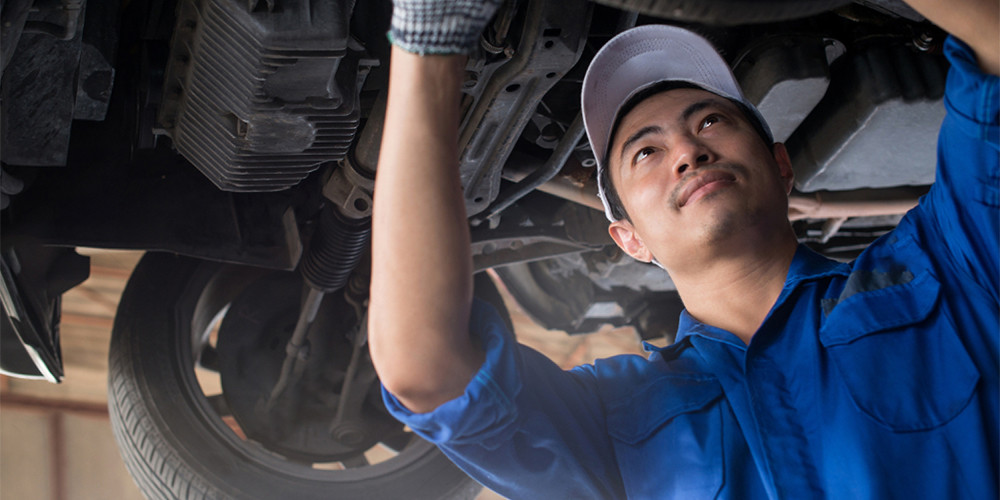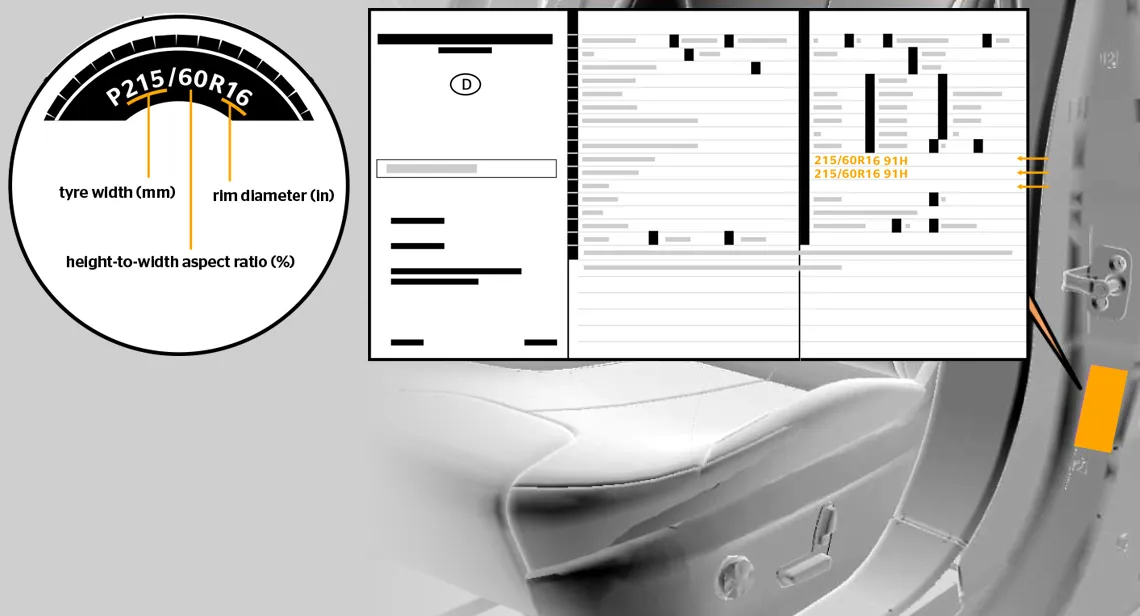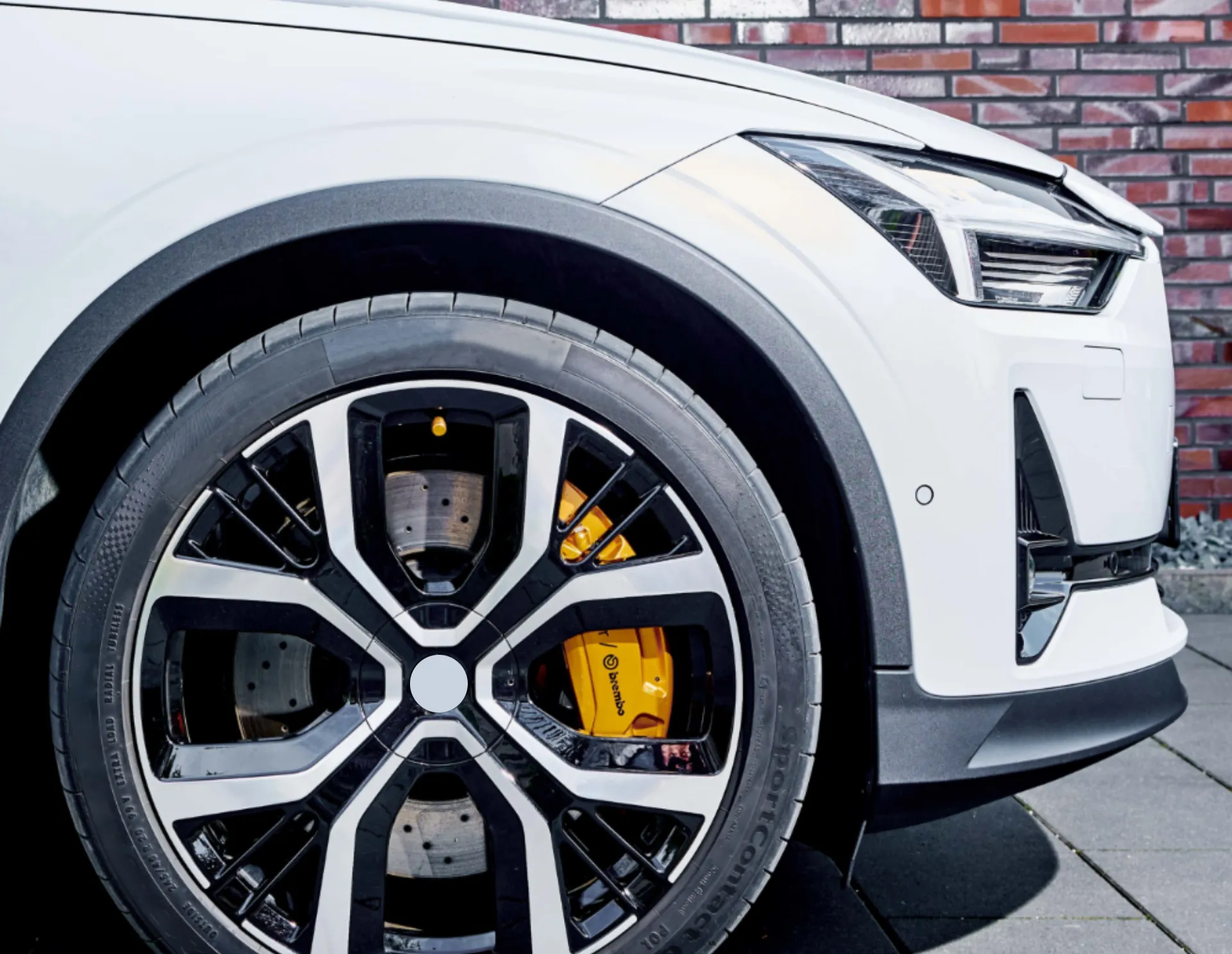
Improving fuel economy not only saves money but also benefits the environment by discharging fewer emissions into the air. Today’s post will help you make the most of your gas tank so that you can reduce the number of times you fill up on a monthly basis, enabling you to stick to your budget.
From basic to advanced, here are some of Continental’s expert fuel mileage enhancement tips to help you save thousands in the long run.

1) Use the Right Pair of Tyres
When looking for the best tyres for fuel economy, you should go for the narrowest possible tyres for your vehicle that satisfies your driving style and demands. Narrow tyres offer a less frontal area that reduce aerodynamic drag.
For improved tyre fuel efficiency, always go for low-rolling-resistance compound tyres as they can increase fuel economy by a few percent.
High-performance energy saving tyres can save you a bundle at the gas pump. The fuel-saving tread of mileage tyres provide low rolling resistance thus they encourage a 4% fuel economy improvement.
Moreover, consider shifting to eco-friendly tyres that not only save you from burning a hole in the pocket but also offer best in class economy without being harsh on the environment.
At Continental, resource conservation and fuel economy are our core goals. Our state-of-the-art manufacturing systems ensure that standards of energy efficiency and eco-friendliness are adhered at all costs. Our recent initiative of extracting rubber from dandelion roots is a testament to our commitment to both economic and ecological betterment.
When it comes to the best economy tyres, Continental CrossContact LX20 EcoPlus, ContiEcoContact 5, ContiSportContact 5 and ContiPremiumContact 5 are some of our top-of-the-line models. However, you’ll also find a myriad of high-grade performance tyres at our official portal to fulfill your fuel mileage enhancement goals. To make your vehicle run at optimum performance levels, refer to our online catalog now to find the best fuel efficient tyres for your ride.
You’ve Got the Tyres Sorted, What Next?

2) Proper Inflation is Key
Properly inflated tyres are found to reduce fuel consumption by up to 3%. Your vehicle’s tyres generally lose about 1 PSI per month, so it is recommended to check their pressure at least monthly, preferably weekly. Another great benefit of proper inflation is that you’ll avoid uneven wear on the tread. Bear in mind that once your tread wears down to 1.6 mm, you are legally required to change it immediately.
While most fuel stations have automatic air compressors that stop at a predetermined level, it is advised to check it with your own gauge for ensured safety.
As different automobiles have different tyre pressure needs, always consult the owner’s manual or the sticker on your driver-side doorpost to make sure you get it right. Here, it is also important to mention that the reading stamped on the tyre is the maximum tyre pressure, not the recommended one.

3) Go Easy with Pedal Control & AC
Constant use of air conditioner, rapid acceleration, speeding and braking wastes a considerable amount of fuel. Poor driving habits can reduce fuel economy to a whopping 33%. Driving sensibly and going easy on pedals can increase fuel efficiency by to up to 19%.
You should try to monitor your car’s RPM to find out how hard the engine is working. Anything equal to 3000 or below can be considered a “sweet spot” and can increase fuel efficiency.
To ensure maximum saving, let the vehicle speed up continually at a lower RPM. Let your speed demon stay calm and let your car go with the flow.
Most advance cars now come with the facility of cruise control that allows you to maintain an even speed, so put this amazing feature to use. You should maintain a speed of 50-80 km/h to juice out more from your fuel.

4) Maintenance Can Make a Big Difference
A properly maintained car can save you big bucks when it comes to fuel efficiency. Have the engine tuned on time as it will not only ensure maximized power but would also enhance mileage.
Always make sure that your car has good spark plugs, the oil is changed on time, the air filter is clean and fuel filters are in perfect condition.
Also, ensure that your wheels are aligned as misaligned wheels can reduce fuel efficiency by 31%. Misalignment can also cause tyres to wear out more quickly. Tyres must be balanced and rotated according to what’s prescribed on the owner's manual to augment performance and fuel economy.
Make sure that engine emission systems, oxygen sensors and evaporative emission control systems are in decent shape on fuel-injected cars. An impaired oxygen sensor may cause your vehicle to have too rich of a fuel mixture which can reduce efficiency by up to 20%.
When filling up, try to keep your tank above one-quarter full to avoid putting stress on the fuel pump. Always fill up with high-grade fuel with a moderate percentage of ethanol as high concentrations can make it burn faster. As fuel is dispensed by volume, fill your tank early in the morning or at late night to avoid denseness caused by heat.
Another great tip to increase fuel average is to add a synthetic oil additive to the engine oil. Doing so will allow the vehicle to work less hard, improve circulation and increase mileage by up to 15%.

5) Watch the Weight
While you do need to shift to eco tyres at some point to increase fuel mileage, we recommend you do keep the loading capacity of the vehicle in consideration to avoid the consumption of excessive fuel. Refer to the owner’s manual to learn about the amount of weight your vehicle can tolerate. Overburdening will cause the engine to work harder and more work calls for more fuel.







